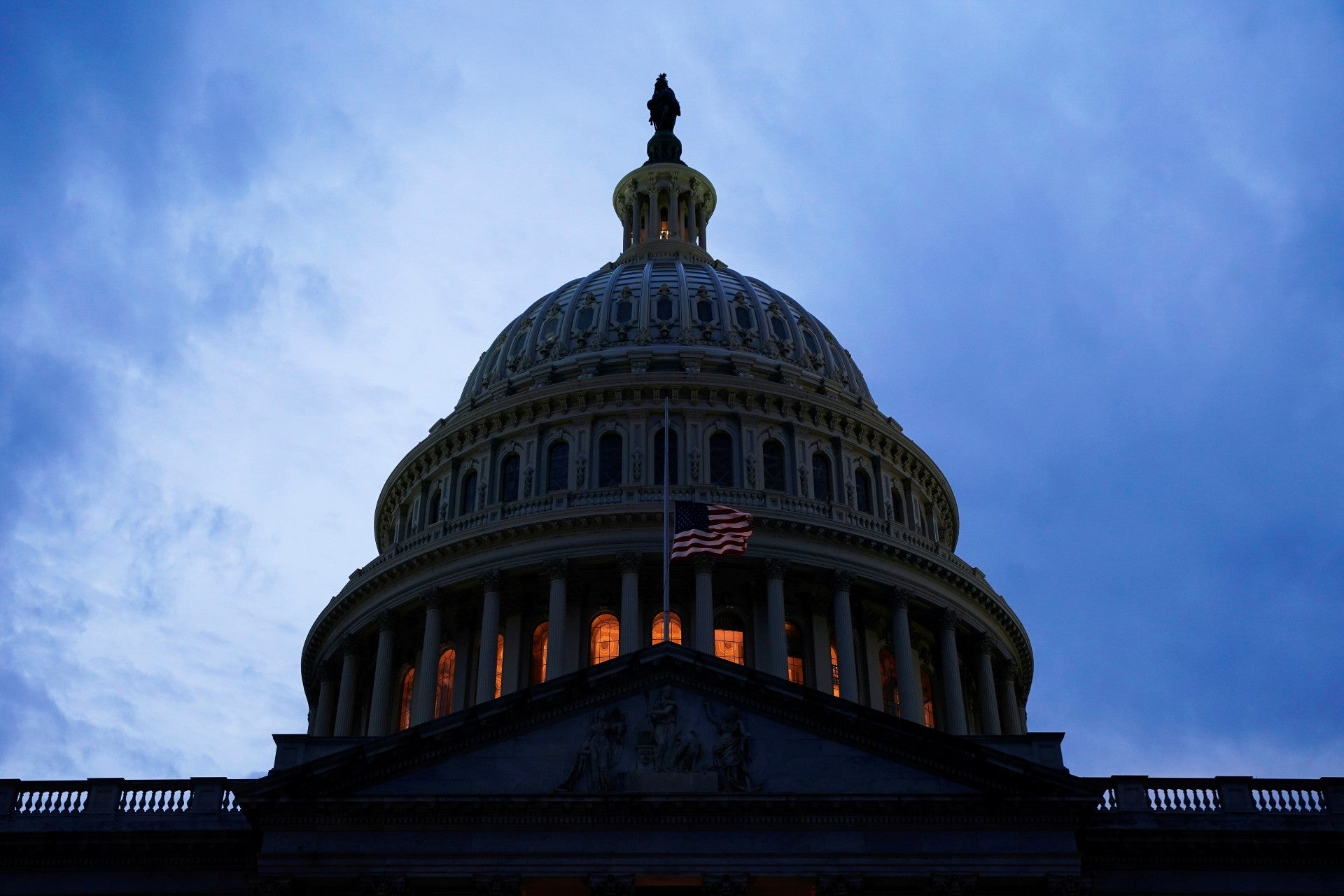
Democracy
Related events, research, commentary, and analysis on the topic of democracy from the Council.
Fully-matching results
-
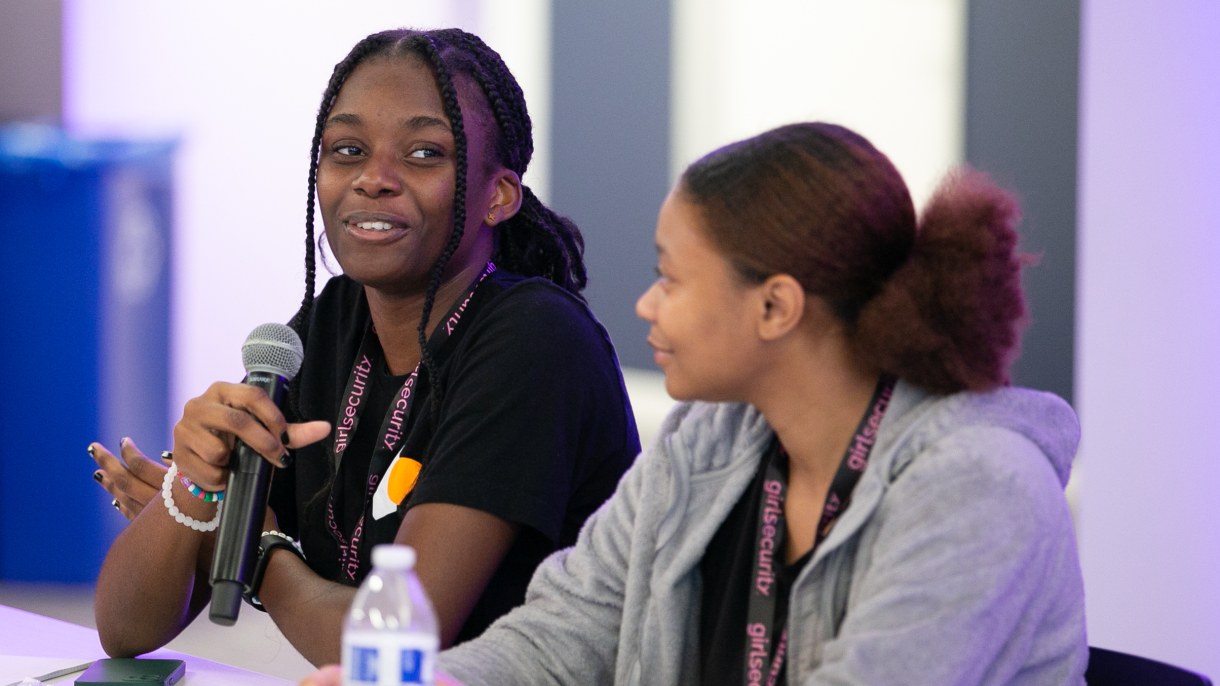 Inclusion and Equity
Inclusion and Equity
Building an Inclusive National Security Workforce | Chicago Council on Global Affairs
The Council and Girl Security partnered to engage the next generation of women in national security.
-
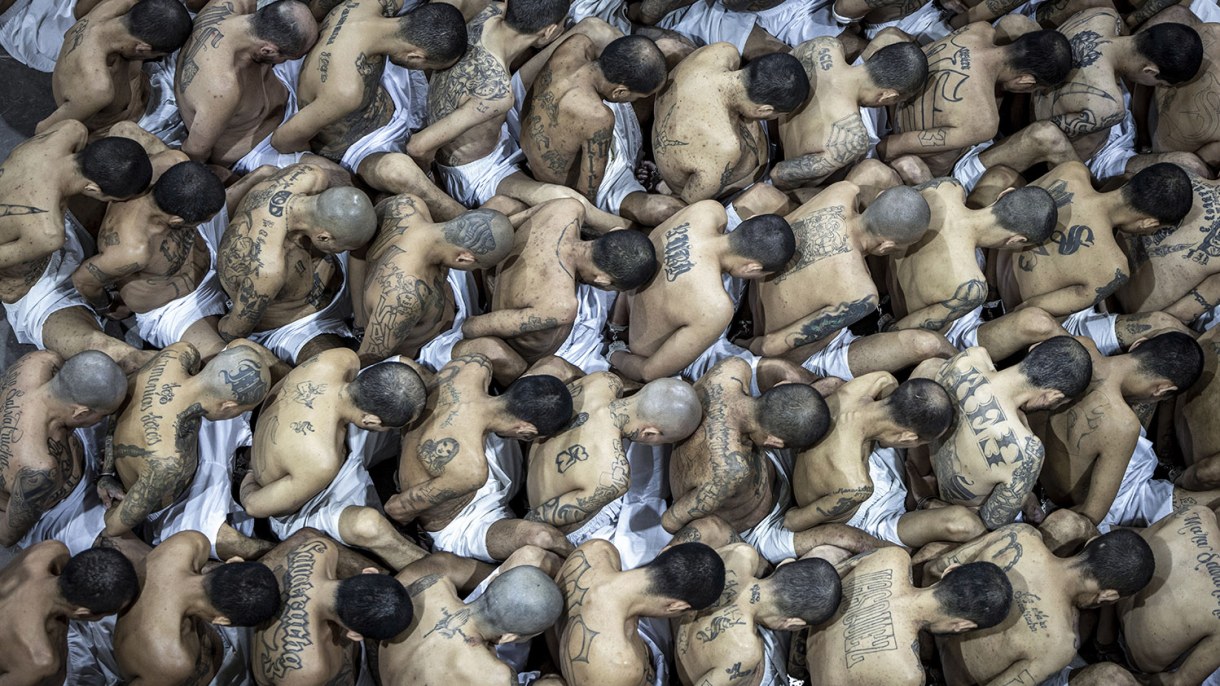 Human RightsAP Photos
Human RightsAP PhotosEl Salvador's Crackdown on Gangs, Explained | Chicago Council on Global Affairs
Mass arrests have reduced crime in the short-term—but at a significant cost to human rights.
-
Public OpinionReuters
Ukrainian Refugees—the Rule or the Exception? | Chicago Council on Global Affairs
Why are Ukrainians receiving a warmer welcome from the American public than past refugee groups?
-
Global PoliticsREUTERS
Domestic Terrorism and the Aftermath of War | Chicago Council on Global Affairs
How can we stop the rise of domestic terrorism in the United States? Kathleen Belew and Robert Pape look at modern history and politics for answers.
-
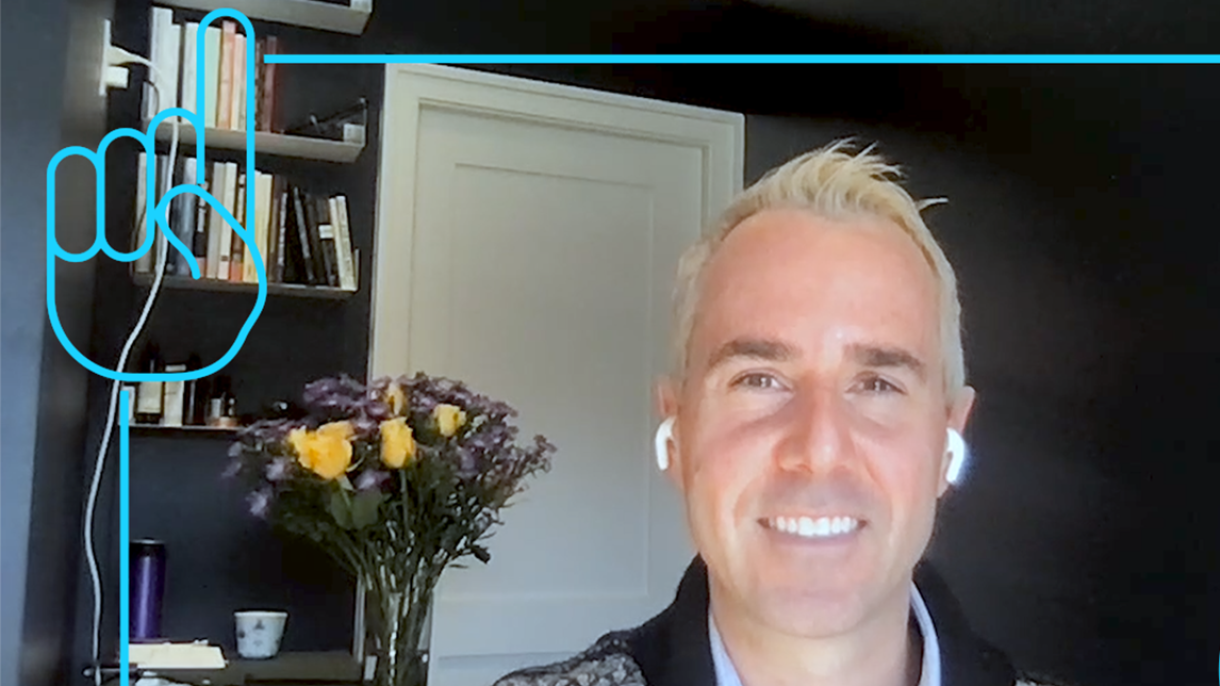 Global Politics
Global Politics
Daniel Baer on Russia's Declining Power | Chicago Council on Global Affairs
As the Ukraine crisis continues, how should we understand Russia's larger political aims?
-
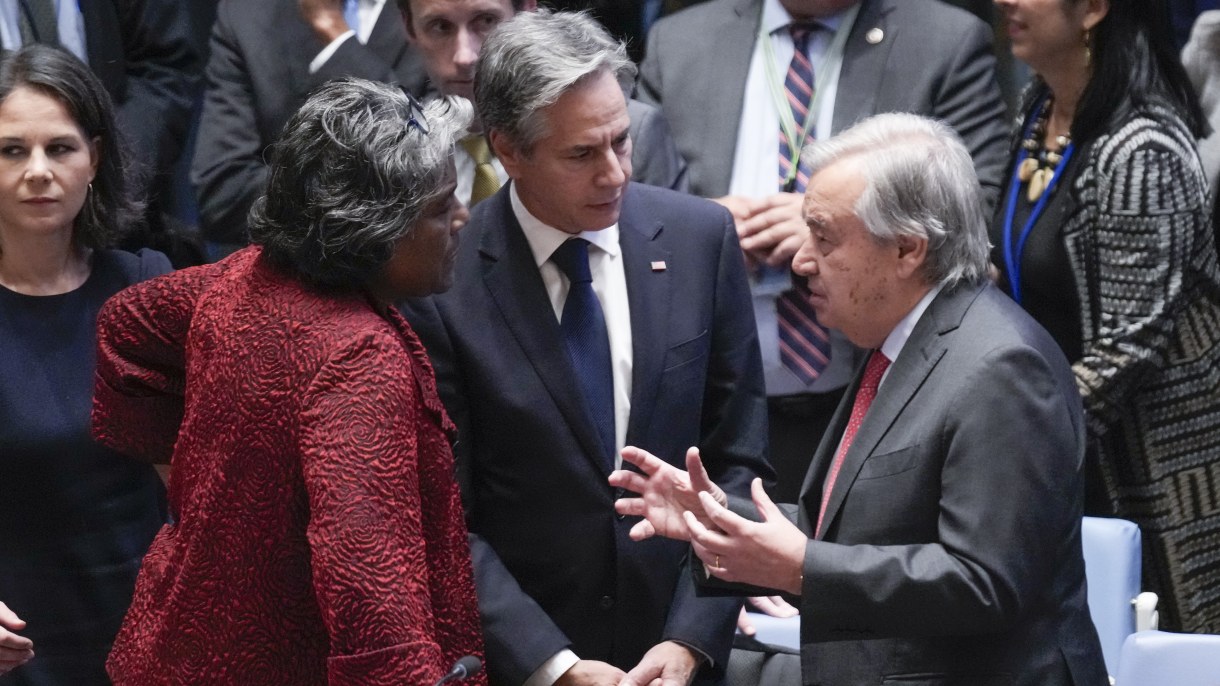 US Foreign PolicyAP PHOTOS
US Foreign PolicyAP PHOTOSHow Partisan is US Foreign Policy? | Chicago Council on Global Affairs
US politics, public opinion, and global implications.
-
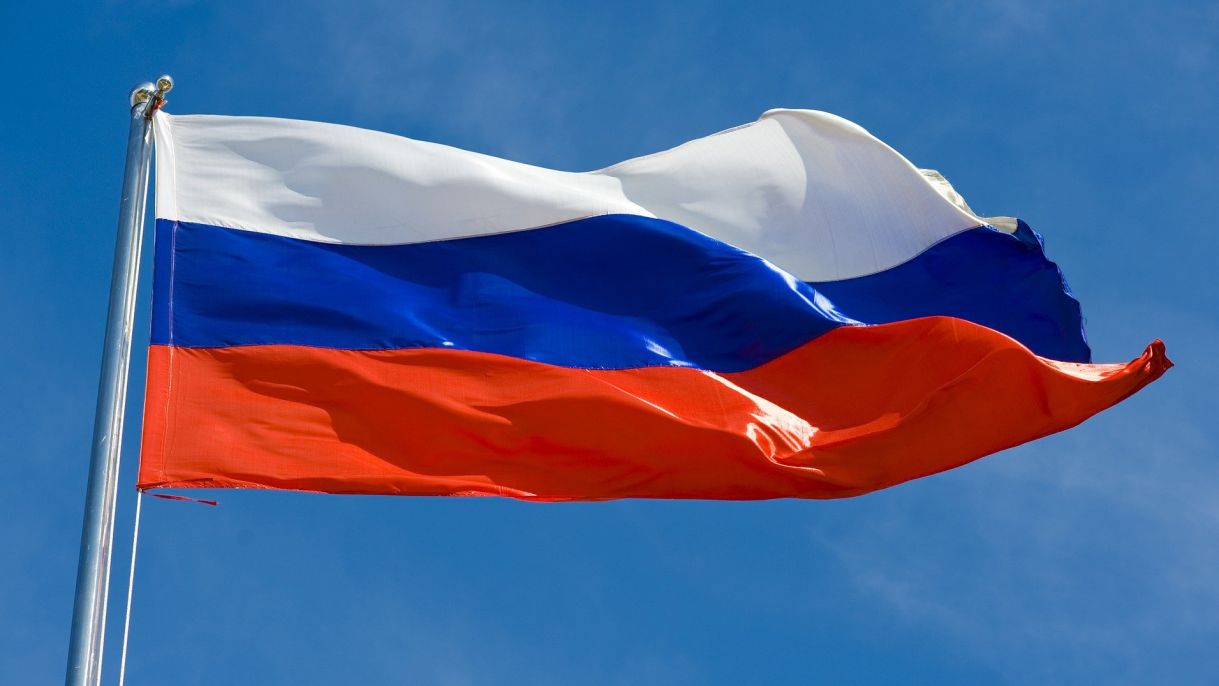 Public OpinionIgorn via Pixabay
Public OpinionIgorn via PixabayGlobally, Negative Views of Russia Predominate | Chicago Council on Global Affairs
The majority of countries polled in a recent 53-nation study hold negative views of Russia following its invasion of Ukraine.
-
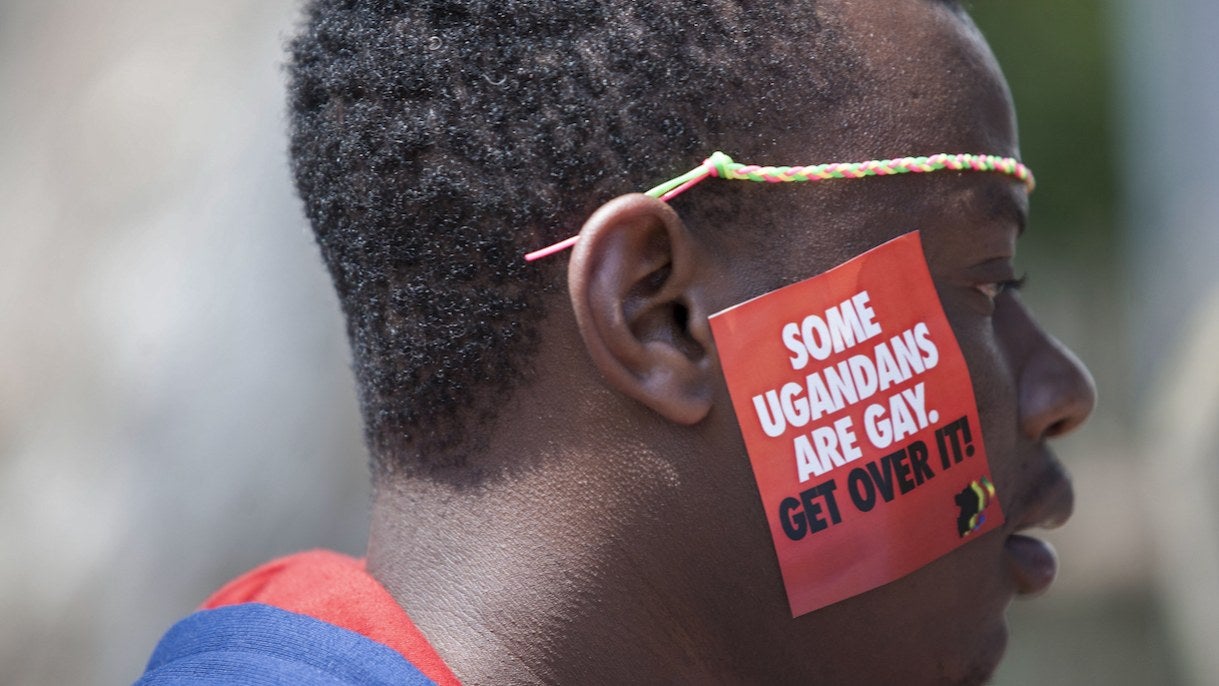 Inclusion and EquityAP Photos
Inclusion and EquityAP PhotosUnderstanding Uganda's Anti-LGBTQ Law | Chicago Council on Global Affairs
During Pride month, we delve into the historical context and societal factors that have shaped Uganda's stance on LGBTQ rights.
-
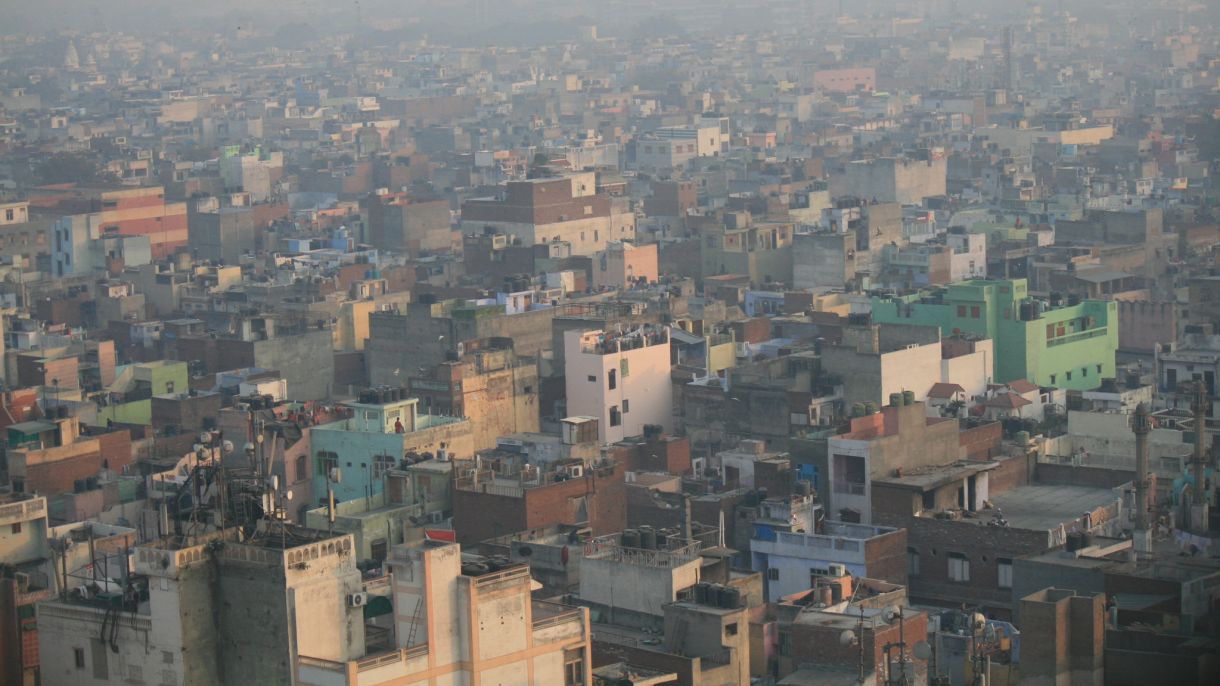 Global CitiesJean-Etienne Minh-Duy Poirrier
Global CitiesJean-Etienne Minh-Duy PoirrierThe Urban Century of China and India | Chicago Council on Global Affairs
Xuefei Ren argues that cities in China and India are more aptly compared in territorial vs. associational governance than by regime type.
-
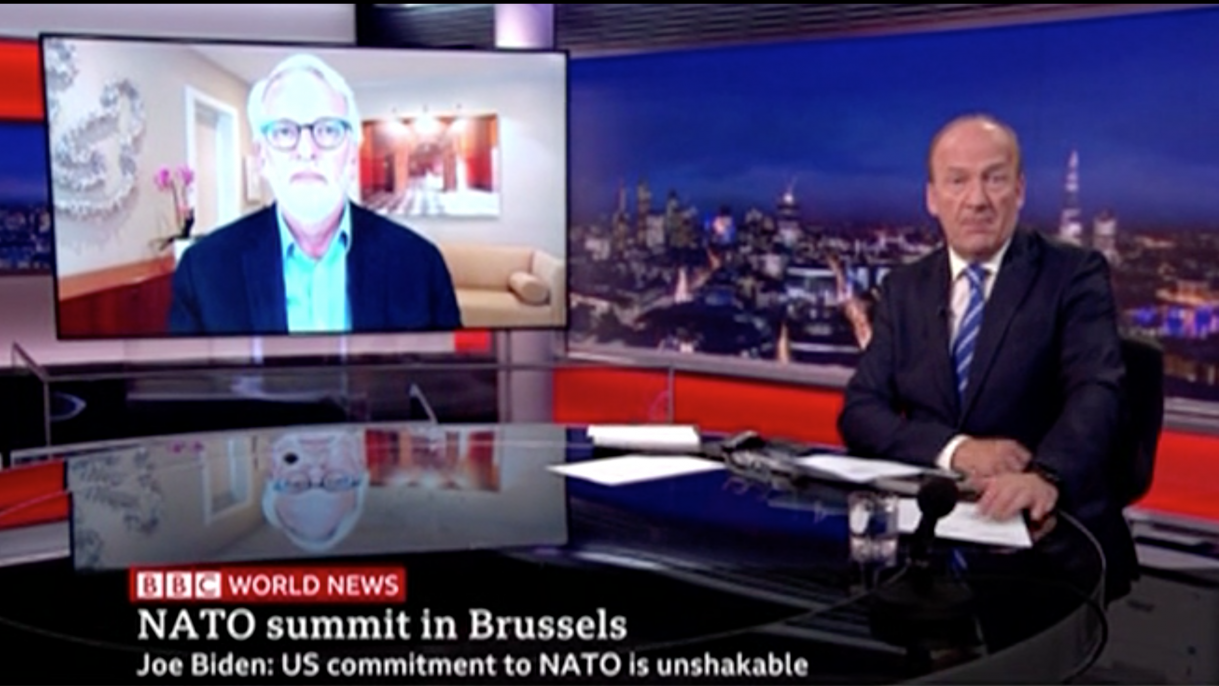 Defense and Security
Defense and Security
NATO Remains in US National Interest | Chicago Council on Global Affairs
President Biden's approach to his first NATO summit shows he understands the importance of competition with China instead of confrontation, Council President Ivo Daalder explains to BBC World News.